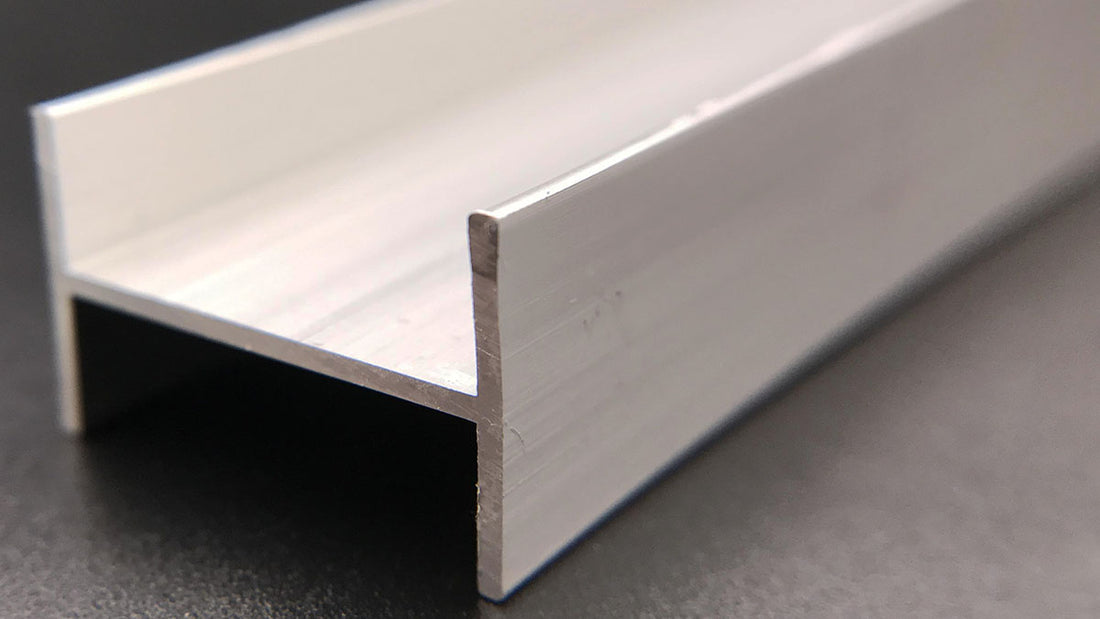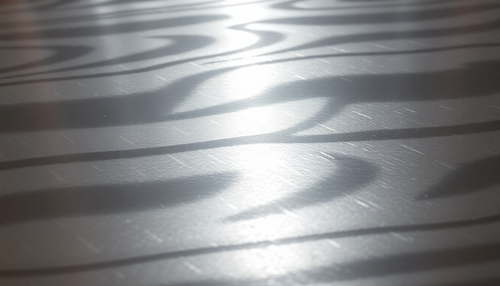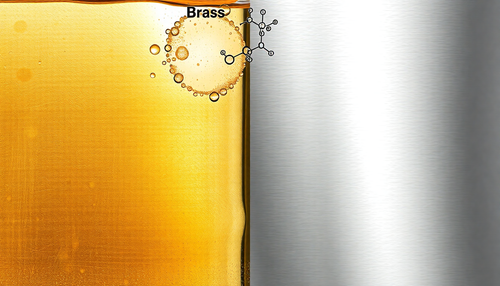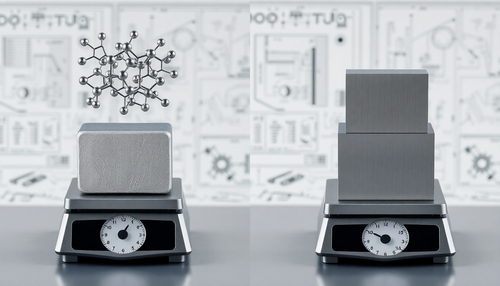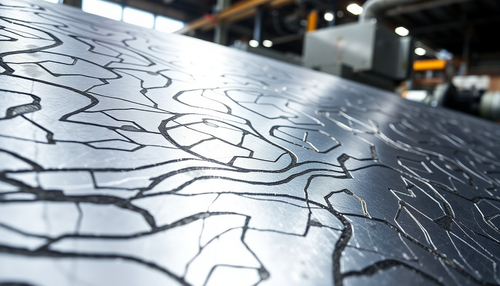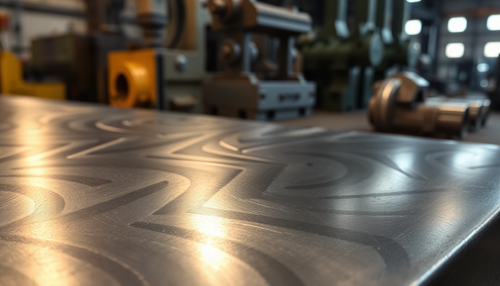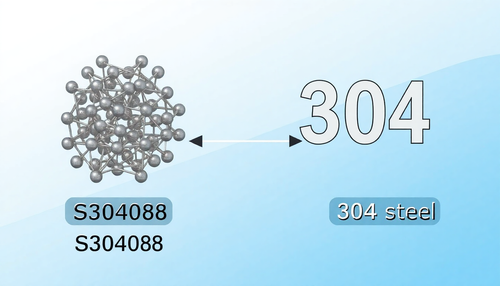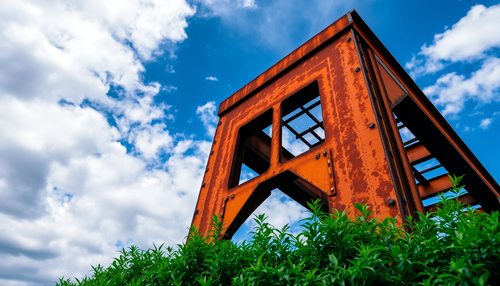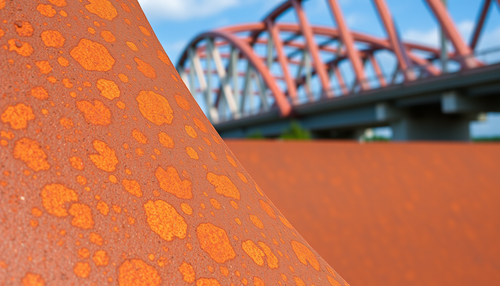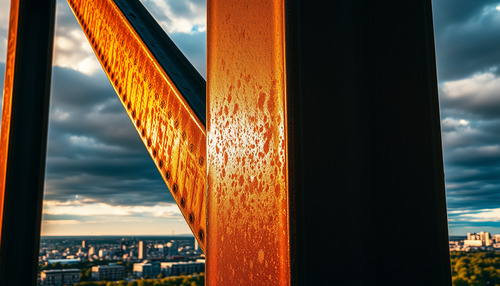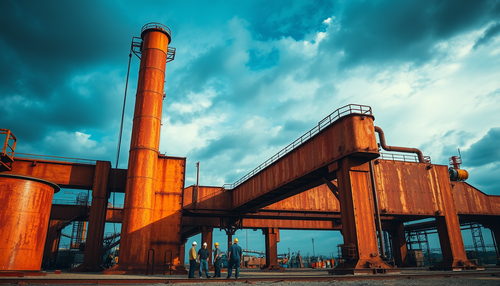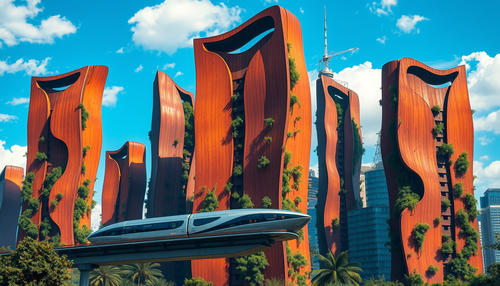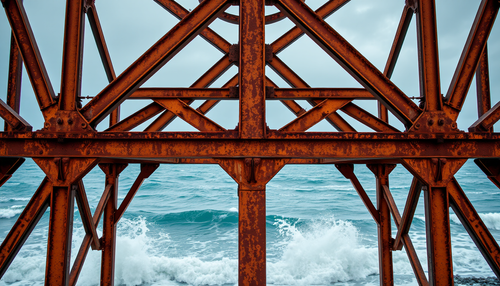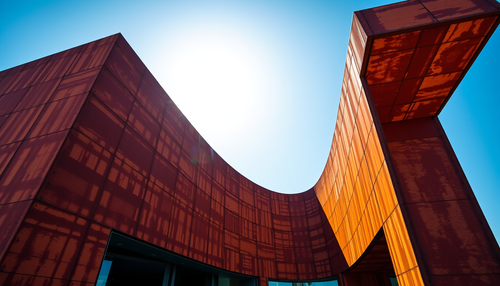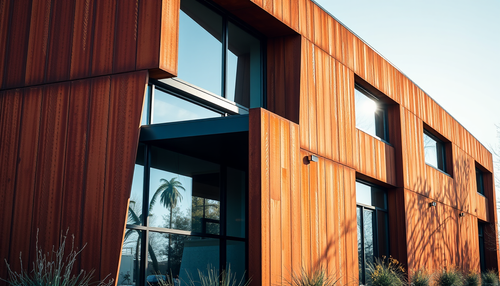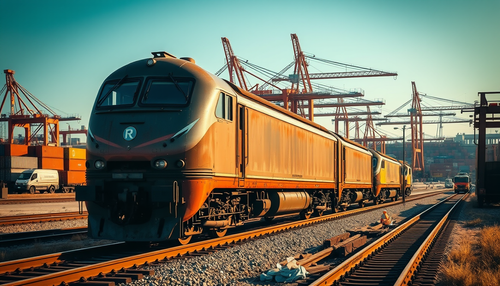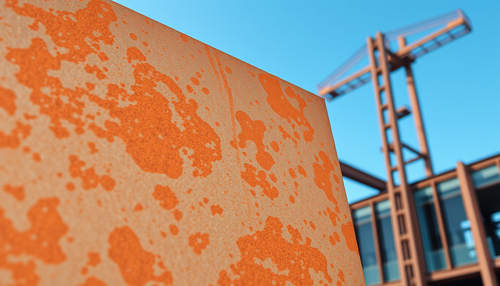
Does aluminum rust or corrode?
Aluminum does not rust or corrode under most conditions of use and has high corrosion resistance. When the aluminum surface is exposed to the atmosphere, it will immediately form a thin invisible oxide film (Al 2 Ó 3 ·3H 2 O) to prevent further oxidation of the metal. This self-protection feature makes aluminum highly resistant to corrosion. Unless it is exposed to certain substances or conditions that destroy the protective oxide coating, the metal still has adequate protection against corrosion. Even in industrial environments that often corrode other metals, aluminum has high resistance to weathering.
In this article, “rust” refers to “erode,” because rust is an iron oxide, which occurs only in iron and other iron-containing metals.
Aluminum Corrosion Resistance
Alkali is one of the few substances that attacks oxide films and therefore causes corrosion of aluminum. Although metals can be used safely in the presence of certain weak bases with the help of corrosion inhibitors, direct contact with alkaline substances should generally be avoided.
The corrosion resistance of some aluminum alloys is not as good as others, especially some high-strength aluminum alloys. However, by covering the exposed surface with a thin layer of pure aluminum or an alloy with greater corrosion resistance, such alloys can be effectively protected from most corrosion effects.
Attention should also be mentioned. In the presence of electrolyte, avoid direct contact with other metals; otherwise, galvanic corrosion of the aluminum near the contact area may occur. If it is necessary to attach other metals to the aluminum, it is recommended to use bituminous paint or insulating tape.
Corrosion resistance of aluminum and aluminum alloys
- 1xxx series, unalloyed aluminum (pure), purity ≥ 99.00%, has excellent corrosion resistance
- 2xxx series, copper is the main alloying element, these alloys do not have good corrosion resistance like most aluminum alloys and under certain conditions can be subject to intergranular corrosion. Therefore, these alloys are generally coated with 6xxx series high-purity alloys or magnesium-silicon alloys in sheet form to provide electrical protection to the core material, significantly improving corrosion resistance.
- 3xxx series, manganese is the main alloying element in this type of alloy. They have high resistance to corrosion. The corrosion resistance in the atmosphere is similar to that of pure industrial aluminum, the same as that of pure aluminum in seawater. Better than pure aluminum in diluted hydrochloric acid; Neither of these alloys is prone to stress corrosion cracking.
- In the 4xxx series, silicon is the main element, but silicon has the least influence on the corrosion resistance of these alloys. This is due to the fact that silicon particles are highly polarized, resulting in low corrosion current density.
- 5xxx series, magnesium is the main alloying element, presents pitting corrosion, intergranular corrosion, stress corrosion cracking and tendency to stripping. As the magnesium content increases, the tendency to pitting corrosion increases; As the amount of cold working deformation increases, susceptibility to stress corrosion cracking and stripping increases.
- The 6xxx series contains approximate proportions of silicon and magnesium to form magnesium silicides, which makes them heat treatable and have good corrosion resistance. The main one in this series is 6061 aluminum alloy.
Corrosion of aluminum and aluminum alloys
Localized corrosion : For aluminum, the most common pitting corrosion is halide ion, and chloride ion (Cl-) is the most common in use, such as NaCl (salt water, the main source is sea water).
Galvanic corrosion : Aluminum and its alloys will fail due to galvanic corrosion, so avoid contacting aluminum with more cathode metal. If such contact is necessary, protective measures must be taken to minimize sacrificial corrosion of the aluminum. In many environments, aluminum may come into contact with chrome or stainless steel, only slightly accelerating corrosion.
Intergranular Corrosion is the selective corrosion of grain boundaries or nearby adjacent areas, but there is no obvious corrosion in the grains themselves. Intergranular corrosion is caused by the potential difference between the grain boundary region and adjacent grains.
Stress Corrosion Cracking (SCC): SCC in aluminum alloys is generally intergranular. Only aluminum alloys containing large amounts of soluble alloying elements (mainly copper, magnesium, silicon and zinc) are susceptible to CCS. For most commercial alloys, tempering properties have been developed that are highly resistant to SCC in most environments.
Aluminum rusts in water
Aluminum is unlikely to rust in water, because aluminum will form a thin aluminum oxide film on the surface in the air to prevent further rust. When aluminum is placed in water, this passivation film isolates the water from the metallic aluminum inside, so that the aluminum will not rust in the water.
Aluminum rusts in salt water
Aluminum can rust in salt water because salt water contains a large amount of chloride ions (Cl-), which can destroy the oxide film on the surface of aluminum, causing intergranular corrosion and intergranular corrosion.
Related articles:
Does stainless steel rust?
Aluminum Density

